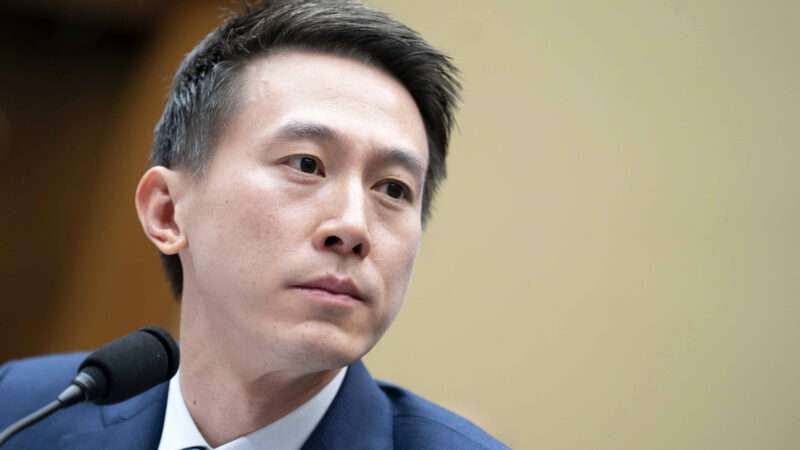
The censors who abound in Congress will likely vote to ban TikTok or force a change in ownership. It will likely soon be law. I think the Supreme Court will ultimately rule it unconstitutional, because it would violate the First Amendment rights of over 100 million Americans who use TikTok to express themselves.
In addition, I believe the Court will rule that the forced sale violates the Fifth Amendment. Under the Constitution, the government cannot take your property without accusing and convicting you of a crime—in short, without due process. Since Americans are part of TikTok's ownership, they will eventually get their day in court.
The Court could also conclude that naming and forcing the sale of a specific company amounts to a bill of attainder, legislation that targets a single entity.
These are three significant constitutional arguments against Congress' forced sale/ban legislation. In fact, three different federal courts have already invalidated legislative and executive attempts to ban TikTok.
If the damage to one company weren't enough, there is a very real danger this ham-fisted assault on TikTok may actually give the government the power to force the sale of other companies.
Take, for example, Apple. As The New York Times reported in 2021, "In response to a 2017 Chinese law, Apple agreed to move its Chinese customers' data to China and onto computers owned and run by a Chinese state-owned company."
Sound familiar? The legislators who want to censor and/or ban TikTok point to this same law to argue that TikTok could (someday) be commanded to turn over American users' data to the Chinese government.
Note that more careful speakers don't allege that this has happened, but rather that it might. The banners of TikTok don't want to be troubled by anything inconvenient like proving in a court of law that this is occurring. No, the allegation is enough for them to believe they have the right to force the sale of or ban TikTok.
But back to Apple. It's not theoretical that it might turn over data to the Chinese Communist government. It already has (albeit, Chinese users' information). Nevertheless, it could be argued that Apple, by their actions, could fall under the TikTok ban language that forces the sale of an entity: under the influence of a foreign adversary.
(Now, of course, I think such legislation is absurdly wrong and would never want it applied to Apple, but I worry the language is vague enough to apply to many entities.)
As The New York Times explains: "Chinese government workers physically control and operate the data center. Apple agreed to store the digital keys that unlock its Chinese customers' information in those data centers. And Apple abandoned the encryption technology it uses in other data centers after China wouldn't allow it."
This sounds exactly like what the TikTok censors describe in their bill, except so far as we know, only Americans who live in China might be affected by Apple's adherence to China's law. TikTok actually has spent a billion dollars agreeing to house all American data with Oracle in Texas.
Are there other companies that might be affected by the TikTok ban? Commentary by Kash Patel in The Washington Times argues that Temu, an online marketplace operated by a Chinese company, is even worse than TikTok and should be banned. He makes the argument that Temu, in contrast with TikTok, "does not employ any data security personnel in the United States."
And what of the global publishing enterprise Springer Nature? It has admitted that it censors its scientific articles at the request of the Chinese Communist government. Will the TikTok bill force its sale as well?
Before Congress rushes to begin banning and punishing every international company that does business in China, perhaps they should pause, take a breath, and ponder the ramifications of rapid, legislative isolationism with regard to China.
The impulse to populism is giving birth to the abandonment of international trade. I fear, in the hysteria of the moment, that ending trade between China and the U.S. will not only cost American consumers dearly but ultimately lead to more tension and perhaps even war.
No one in Congress has more strongly condemned the historical famines and genocides of Communist China. I wrote a book, The Case Against Socialism, describing the horrors and inevitability of state-sponsored violence in the pursuit of complete socialism. I just recently wrote another book called Deception, condemning Communist China for covering up the Wuhan lab origins of COVID-19.
And yet, even with those searing critiques, I believe the isolationism of the China hysterics is a mistake and will not end well if Congress insists on going down this path.
The post If They Ban TikTok, Is Apple Next? appeared first on Reason.com.







